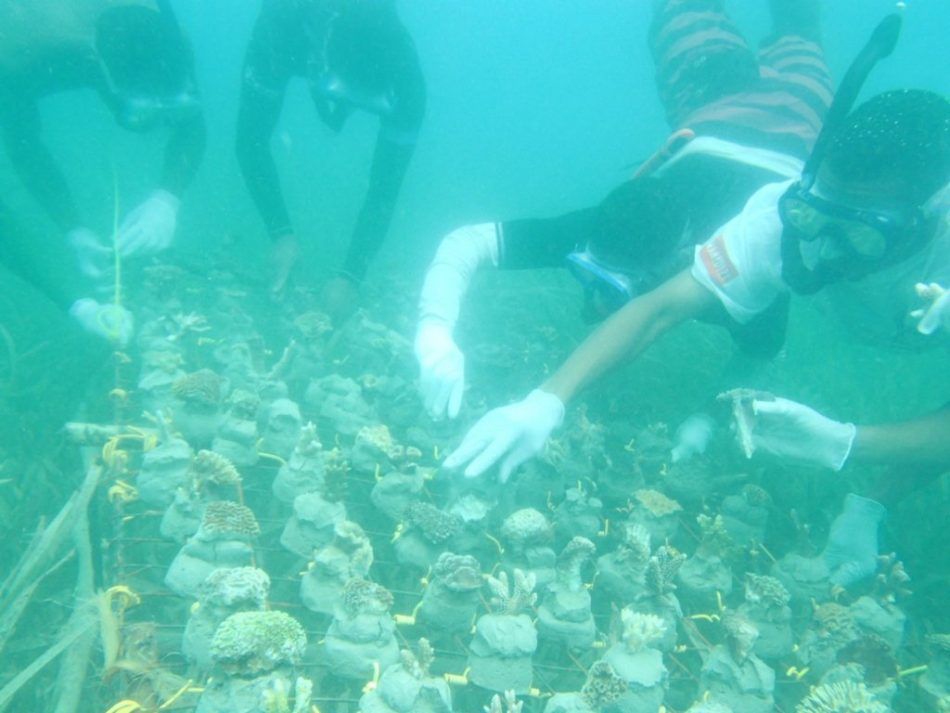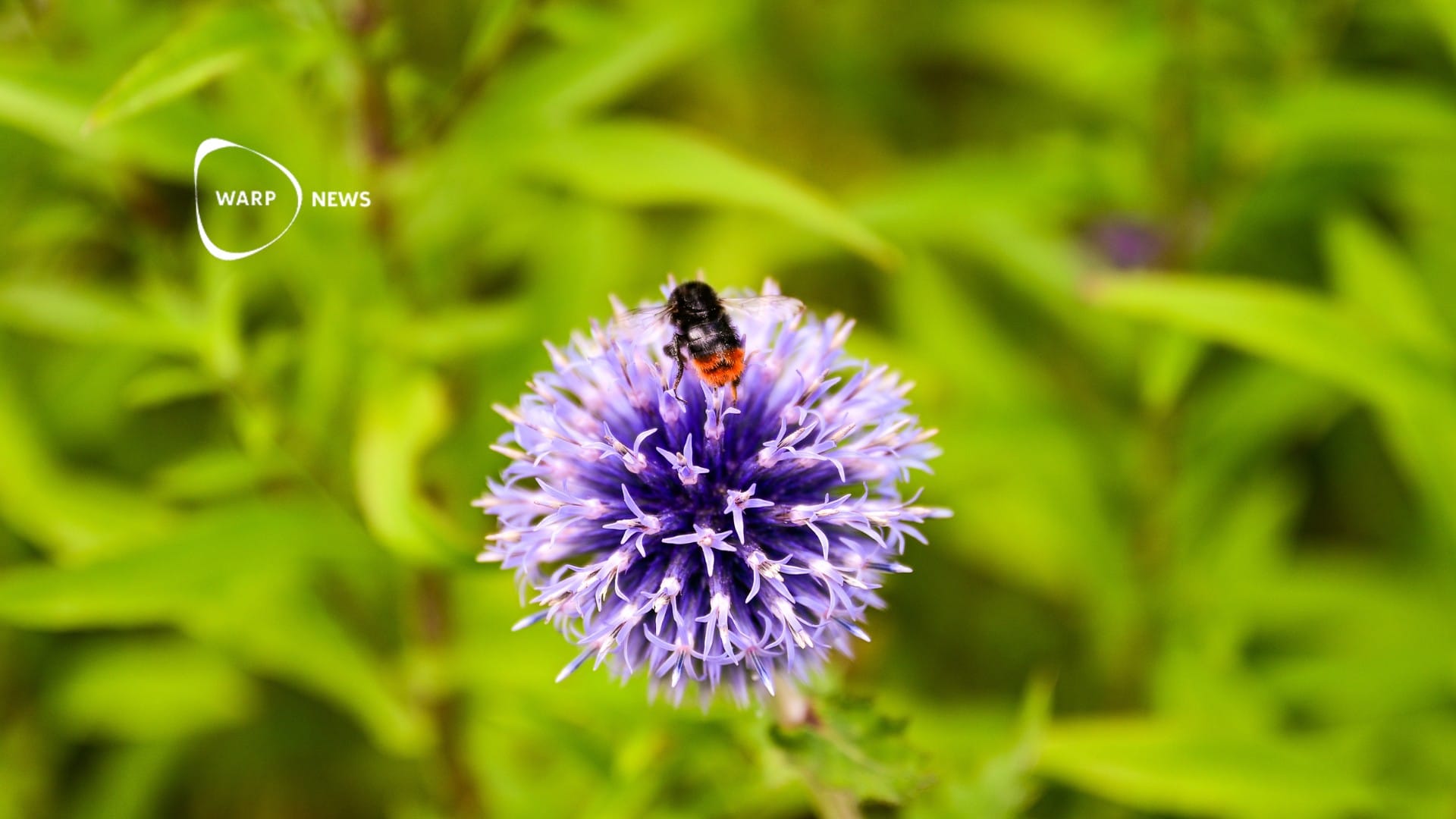
🐠 A community of women in Kenya has restored a dying coral reef
A group of women on Wasini Island in Kenya, have banded together to restore the coral reef along their coastline. Their successful efforts have played a key role in restoring large swaths of coral reefs, on which 80% of their community rely upon for an income.
Share this story!
Three years ago, the coral reef along the Kenyan coastline was almost totally destroyed in some areas. Rising surface sea temperatures had triggered devastating bleaching episodes for the fourth time in less than two decades, and with the whitening of coral came a dwindling of marine life. With as much as 60 - 90% of the coral destroyed, the Kenya Marine and Fisheries Research Institute (KMFRI) set out to rehabilitate the degraded coral reefs by working with local communities.
Among the areas targeted was Wasini Island, a tiny strip of land off Kenya’s south-east coast where local women have banded together to show that coral restoration techniques can create sustainable livelihoods for communities that depend on fishing and eco-tourism. One way the Wasini women have been doing this is by raising coral in coral gardens and transplanting them to degraded reef areas, providing new habitats for fish species including jacks, groupers, emperors and sweetlips.
The women of Wasini Island have also been restoring fish populations by cultivating seagrass. Over-fishing of certain species, such as triggerfish, had led to the disappearance of seagrass because triggerfish fed on the sea urchins that devoured it. Using gunny bags made of sisal to protect the seedlings and prevent them from getting washed away, the women replanted seagrass seedlings on the ocean floor.
The fruits of these efforts cannot be understated: in addition to providing food, seagrass plays a key role in the overall coral reef ecosystem, providing shelter to juvenile fish after they hatch by shielding them from strong waves until they mature and move into the coral reefs. The work of these Kenyan women has also helped restore large swaths of coral reefs, leading to the return of many marine species such as lobsters and octopuses and boosting ecotourism in the process, which is especially important considering 80 percent of the community relies on it for an income.
Read the source article on The Guardian
By becoming a premium supporter, you help in the creation and sharing of fact-based optimistic news all over the world.


